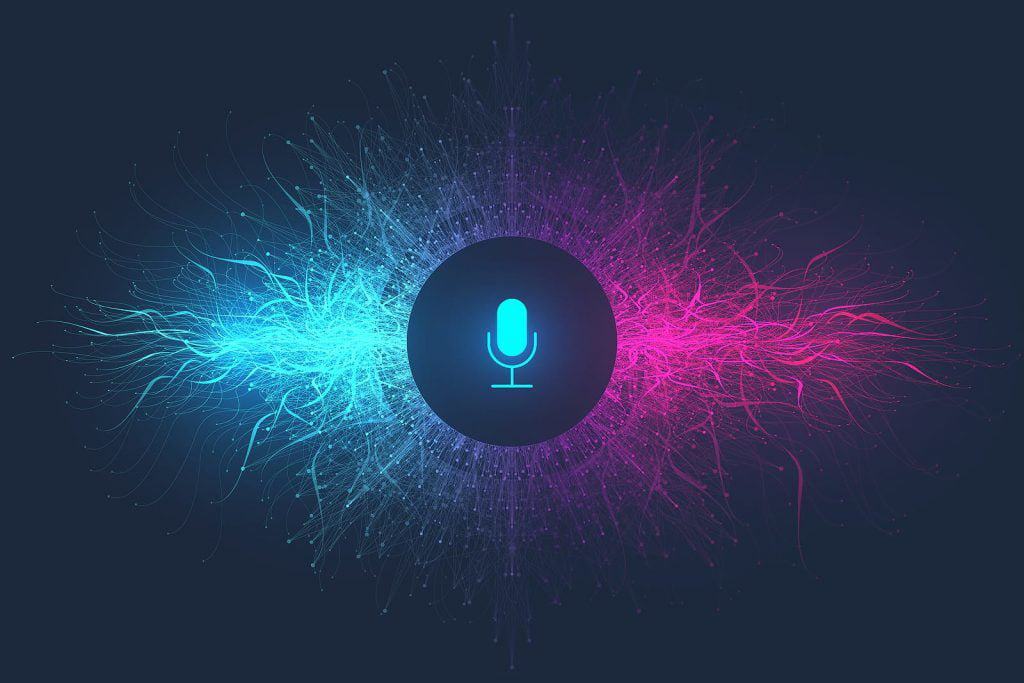Today, I’m here to talk to you about dubbing and voiceover and how it’s changed the game for the international transfer of technology, knowledge, and entertainment.
First of all, consider that written content is becoming marginal on the Internet. Yes, because we are lazy, don’t have time, or just want the information ASAP, we watch a video rather than read a text. According to Cisco, video content made up 82% of all Internet traffic last year. OK, but for the same token, we don’t want a video in a foreign language. We prefer it’s in our own language. According to a survey by the European Commission, 42% of uropeans like watching TV shows and movies with dubbing or voiceover in their own language. The think tank Common Sense Media also tells us that in the US, 35% of teens watch video content in languages other than English, and 60% of those teens watch content with dubbing or voiceover in Spanish.
Before we go on, allow me some definitions to distinguish the two concepts which are a bit confusing: dubbing and voiceover… Dubbing is the process of replacing the original dialogue of a film or TV show with a new one in a different language. At the same time, voiceover involves recording a new voiceover track in a foreign language that is played over the original soundtrack. OK?
OK Now, you might be thinking, “Why is dubbing and voiceover important?” Well, it’s simple. These services allow content creators to share their work with audiences worldwide, regardless of language barriers. This means that cutting-edge technology, educational resources, and entertaining content can be accessed and enjoyed by people from all corners of the globe.
Here is an example: imagine a powerful documentary on a medical breakthrough produced in Japan. Without dubbing or voiceover services, people who don’t speak Japanese would miss out on the valuable information and insights presented in the film. But by translating the content and then dubbing or voicing it, the documentary will raise the interest of TV networks from many countries. They will buy the rights to distribute that documentary in multiple languages, allowing viewers all over the world to learn about that specific medical advance and how it can improve their lives.
Dubbing and voiceover also promote cultural exchange and understanding. We can help bridge gaps and foster cross-cultural connections by providing content in different languages. In today’s increasingly globalized world, that’s more important than ever.
At PrimeGroup, we’re committed to providing top-notch dubbing and voiceover services. Our team of voice actors works tirelessly to ensure the final product is a seamless and authentic representation of the original content.
So there you have it, folks. Dubbing and voiceover are more than just technical processes – they’re tools for global communication, cultural exchange, and entertainment. At PrimeGroup, we’re proud to be a part of this industry, and we’re excited to continue breaking down barriers and bringing people together through the power of language.


